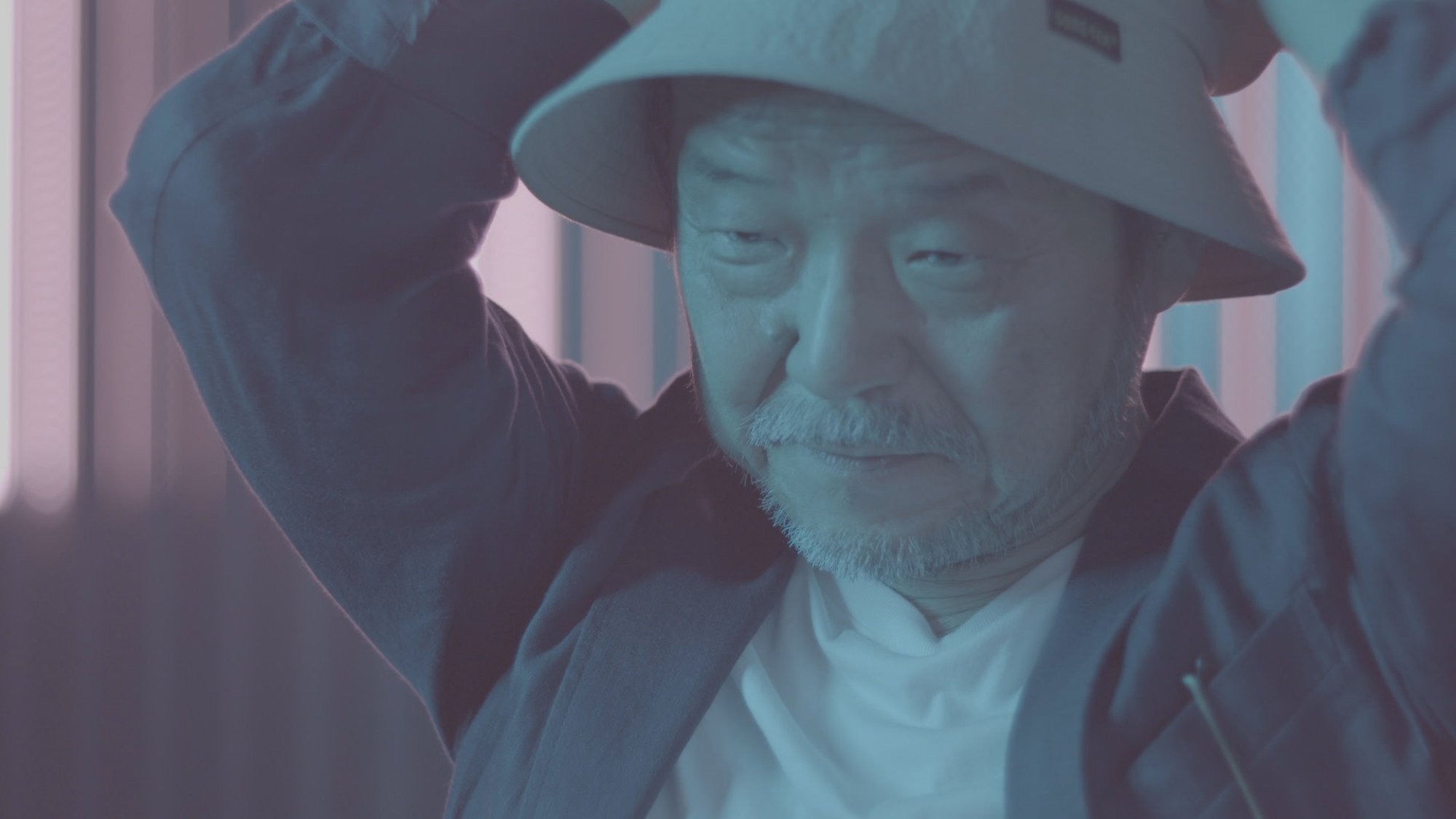
Review | Satoshi Kon: The Illusionist movie review – Japanese animation master behind Perfect Blue and Paprika remembered in intoxicating documentary profile
- Satoshi Kon was on his way to becoming a heavyweight of the animation industry when he died of cancer aged 46
- This documentary explores his innovative movies and the influence he had on filmmakers Darren Aronofsky, Marc Caro and Rodney Rothman
4/5 stars
While Japanese animator Satoshi Kon’s body of work is relatively small – he directed just four features and one series before his untimely death in 2010 – he is regarded as one of the most influential filmmakers in his field.
Pascal-Alex Vincent’s new documentary Satoshi Kon: The Illusionist examines what made his work special through numerous candid interviews with giants of the industry, who collaborated with him or drew inspiration from his work.
A bleak, nihilistic thriller, in which a young pop idol is harassed by a stalker after she announces her retirement, the film is a decidedly adult affair, reflecting the director’s own contentious relationship with the animation industry.
Kon’s focus on vulnerable female protagonists struggling to retain their grasp on reality carried over from Perfect Blue into his subsequent films, Millennium Actress (2001) and Paprika (2006).

Past collaborators like Oshii and producer Masao Maruyama talk candidly about their frustrations working with the shy and deferential Kon, who could prove stubborn and nasty if he felt his artistic vision was being compromised.

Animator Aya Suzuki speaks with great affection about her time being mentored by Kon, while Perfect Blue voice actress Junko Iwao gives a heartbreaking account of her own experiences as a pop idol.
An intoxicating celebration of an astonishing talent cruelly cut down in his prime, Vincent’s film serves as an enthusiastic eulogy for long-time fans, but also as a tantalising eye-opener to the as-yet uninitiated. Either way, it should inspire all who watch it to eagerly seek out the visually dazzling and narratively audacious work left behind by a true master of animation.


